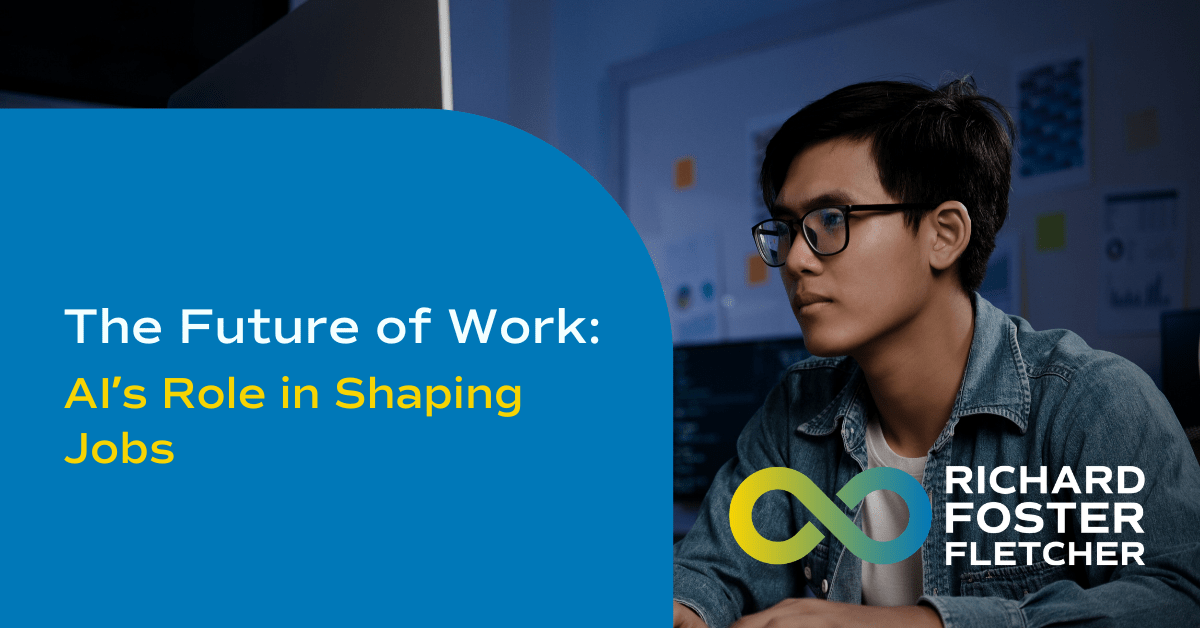
The Future of Work: AI’s Role in Shaping Jobs

The future of work, particularly in the context of artificial intelligence (AI), often suffers from overly simplistic narratives. Many leaders claim that AI will inevitably create more jobs, akin to the impact of the Internet. However, a closer examination reveals a far more nuanced and complex reality.
Job Creation vs. Job Loss
The notion that AI will create more jobs than it displaces is frequently touted, but this perspective overlooks significant discrepancies. When querying AI models like ChatGPT about job risk and creation, a stark contrast emerges. Jobs at risk are typically more numerous and require less specialized skills, while new AI-created roles often demand higher education and technical expertise. This imbalance suggests that while new jobs will indeed emerge, they won’t match the volume or accessibility of those being lost.
Skills and Education
The future jobs generated by AI are likely to be niche and highly technical, posing substantial challenges for upskilling and reskilling the current workforce. Transitioning to high-skill roles such as AI model verifiers or AI ethicists is not feasible for everyone. Educational institutions and governments must therefore prioritize extensive upskilling programs. Despite these efforts, bridging the gap for all workers remains a formidable task.
Productivity and Workforce Reduction
Generative AI significantly boosts company productivity, enabling businesses to accomplish more with fewer employees. However, this increase in productivity doesn’t necessarily translate to job creation within existing companies. Instead, it often leads to workforce reduction. Thus, expecting traditional companies to generate more jobs due to AI is unrealistic.
Creating New Opportunities
AI’s true potential lies in creating opportunities for new platforms and businesses. Governments and societies should focus on fostering innovation and entrepreneurship. By incentivizing companies to explore AI-driven innovations and supporting employees to work on new ideas, even if unrelated to their current roles, we can stimulate the creation of new businesses and, consequently, new jobs.
Societal Focus
For AI to positively contribute to the future of work, a concerted effort is needed to create an environment conducive to innovation. This involves policy changes, funding for new ventures, and support for experimental projects within existing companies. By doing so, society can better harness AI’s potential to generate employment and drive economic growth.
Key Questions We Need to Ask
- How do we balance job creation and displacement?
- As AI displaces more jobs, how can we ensure that the new jobs created are accessible to those who have lost their roles?
- What is the role of education in this transition?
- How can educational institutions adapt to better prepare the workforce for high-skill, technical roles that AI will create?
- How do we maintain productivity without sacrificing jobs?
- With AI increasing productivity, what strategies can businesses employ to avoid significant workforce reductions?
- How can we encourage innovation and entrepreneurship?
- What policies and incentives can governments implement to foster new business opportunities driven by AI?
- How do we create an environment conducive to innovation?
- Beyond financial investment, what support systems are necessary to cultivate a culture of innovation within existing companies?
Addressing these key questions is crucial for navigating the complexities of AI’s impact on employment. By fostering an environment that encourages innovation and equipping the workforce with the necessary skills, we can create a resilient and dynamic job market ready for the future.


Written by
Richard Foster-Fletcher
Richard stands at the forefront of ethical artificial intelligence as an AI Advisor, Author, Speaker, and LinkedIn Top Voice. He is the visionary behind MKAI.org (Morality and Knowledge in Artificial Intelligence), an initiative dedicated to fostering AI’s responsible development and application. Through his stewardship of the Boundless Podcast, Richard delves into discussions about AI inclusivity and digital ethics, contributing to a more equitable technological future. His profound insights have illuminated lecture halls at globally renowned institutions, including the London School of Economics (LSE), University College London (UCL), Oxford University, and Imperial College London, guiding the next generation of tech leaders.
Other Related Articles
Ethan Mollick, Associate Professor at The Wharton School and author of Co-Intelligence, recently posed a ...
Recent research by Apollo AI Safety, an independent organisation investigating risks in advanced AI systems, ...
Investment in traditional edtech companies has fallen sharply, from $17.3 billion in 2021 to $3 ...















